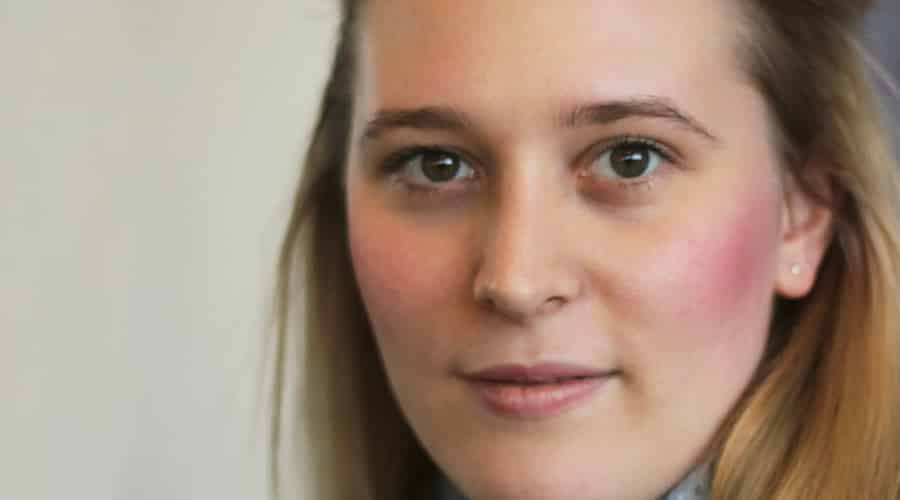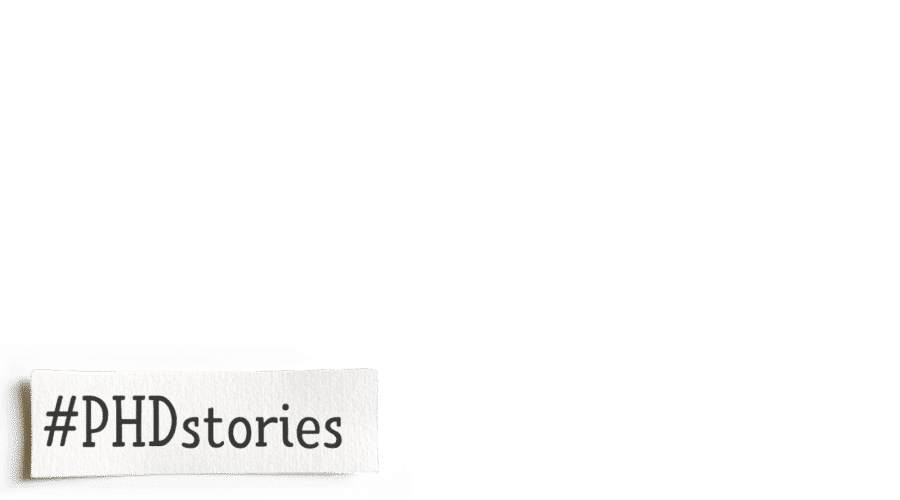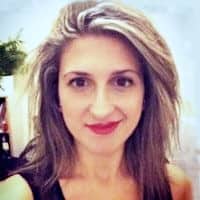#PHDstory | Birgit Zonsics


What is your main research topic?
I am a Marie Skłodowska Curie early stage researcher at the School of Pharmacy and Pharmaceutical Sciences at Cardiff University, and my area of research is antiviral drug design. In my PhD project I aim to find new molecules that are active against the Chikungunya virus. I use computational molecular design techniques to select a set of compounds to test in a first antiviral assay. If some of the compounds are active, I will design a set of analogues and synthesize (produce) them so they can be subsequently tested in cell-based and biochemical assays. This is an iterative cycle that leads to improved compounds and maybe a preclinical candidate that can be further developed into a medication against Chikungunya virus one day.
How can I imagine the computational methods that you use?
There are software packages available that contain many functions to play around with chemical molecules and macromolecules, such as protein structures. In my project, I use the crystal structure of a protein, which can be displayed as a sort of 3D image within the program, and I can investigate the surface of the protein itself. Then, there are tools that “dock” compounds (from a virtual compound collection or a commercially available catalogue of molecules) into these cavities and evaluate which molecules fit best. These molecules are the ones we eventually select and synthesize or buy to see if they possess an effect on the virus as we have predicted with the info from biological tests and our computational tools.
How did you get interested in this particular topic?
While studying pharmacy at University of Vienna, I developed a strong interest for computational molecular design. I aimed to do the research project for my diploma thesis abroad and found a supporter in Prof. Gerhard Ecker, who was willing to create a collaborative research project with Prof. Gisbert Schneider at ETH in Zurich. The project was centered around HIV protease and was using a computational de-novo design software developed in Prof. Schneider’s research group. I used this software to generate new potential HIV protease inhibitors, synthesized them and tested the resulting molecules for activity.
This was the beginning of my fascination for antiviral research and the use of computational techniques to facilitate drug discovery for medicinal chemists.
After my graduation from University of Vienna as Magistra der Pharmazie, I worked for one year under training and supervision in a pharmacy to obtain the approval as an independent pharmacist. During this time, I encountered many HIV patients due to the close proximity of a specialized GP. Talking to patients, my desire to make an impact on these people’s lives strengthened and led me to actively look for positions in this field.
I am very grateful for having encountered Prof. Thierry Langer, who was willing to take me as a PhD student in his lab, but was also involved in a European Training Network with the goal of developing new antivirals. Given my experience during my diploma thesis, he encouraged me to apply for a position within the Antivirals network. Eventually I was accepted by Prof. Andrea Brancale at Cardiff University where I started my PhD project in October 2015.
Tell me more about the Antivirals Training Network
It is a project funded under the Horizon 2020 grant agreements of the European Union, and aims at forming a strong network of early stage researchers and developing them into the future leaders in the antivirals field. All students were hired either by a university research group or a company. We are 15 students with very different backgrounds, from computational and medicinal chemists to biologists and virologists. Every one of us has their own PhD project, but we have many possibilities to interact and to collaborate with each other. During the 3 years of the project we also met every 6 months together with our professors and supervisors to receive training and mentoring in various fields related to antiviral drug discovery. Furthermore, we had several activities and trainings related to our personal (career) development.
So, you all collaborate with each other?
Yes! One of the big advantages within the Antivirals training network is the collaborative nature of the project. Although every PhD student in every institution is working on their own independent project, there are a lot of overlaps and synergies that can be turned into fruitful collaborations. All the cell-based assays are performed by colleagues from KU Leuven, and there is also time and funding to develop new and complementary skills. I did a secondment for two weeks in Marseille at the AFMB as well. The group there was working in structural biology to get crystallographic data as well as develop functional assays that can enhance drug discovery in a substantial way.
My favorite collaboration is the one where one of our fellow PhD students (a virologist) came with a freshly published paper of a crystal structure asking me and my colleague if we could do some work on it. Together we designed a stand-alone project that ran very successfully up to now, and parts of it will be published soon.
What motivated you to enter this field of study?
The impact that it makes for the patient. Furthermore, I really like challenges (the reason why I went into medicinal chemistry in the first place) and new innovative methods (that’s how I chose the computational part).
What makes you get out of bed in the morning? What inspires you?
The alarm? No, I am joking, but I prefer to tell you what makes me want to return from holidays: the itching feeling that there is something I haven’t looked at before. I get very excited and curious about new results or about a new idea I would like to investigate.
What really inspires me is listening and talking to charismatic, open-minded people. I am fascinated by the ways science can be communicated to various different audiences, and to see that already these interactions can change people’s lives (in the broadest sense you can imagine here: professors inspiring students, patient stories to scientists and back, children with a dream of groundbreaking new innovations, links between disciplines that did not relate at all, etc…). I am interested in many different fields, not only medicinal chemistry. If I had a couple more lives I would probably study various different subjects like Physics, History, Languages, maybe even something related to Art or Music.
Where do you see yourself in 15 years?
This is a difficult question to answer: There are two faces to that coin: The dream-version and the realistic one. I truly believe that the right opportunities arrive at the right moment, and if we are ready for them, we will be able to take the right decision. But in order to appreciate these opportunities there must be a goal. At the moment my goal is to find my path in the world of academic research and teaching, maybe with a little detour to industry and a little break to start my own family. So if all my dreams work out, I see myself in the auditorium N. 8 at the pharmaceutical institute in Vienna giving a lecture about antiviral drug discovery. I will have several students to supervise and a little research group with a strong common goal: fighting viral infections by all possible means. After work I will pick up my children from school and maybe I will find time for dance lessons with my husband. From time to time I will see my international friends and colleagues at international conferences and visits, and I am striving to tighten and maintain the collaborations with my former colleagues from the industry.
And if the dream part does not perfectly work out, I at least know that I have acquired valuable competences to be employable and that I have set the first stone to a happy life. I will start walking in the direction that seems right, and if I don’t like the path anymore, I will look for another option. It’s all about the willingness to explore and to accept changes when they happen.
What makes life meaningful?
Passing on knowledge to a new generation. Inspiring others to do better than they thought they would. And contributing to make the world a better, fairer, safer and healthier place to be.
If you could, what would you tell your future self?
Never get too comfortable and secure in your setup if you want the magic to happen! And be brave, the only barriers that exist are in your own mind. Keep a critical and curious mind, and never stop trying to become a better scientist and a better human being.

“I have always heard about the Horizon 2020 grant agreement of the EU, but I had never really met a student funded by it until I have interviewed Birgit. She was able to collaborate with one other student in virology and design a brand-new research project. It is nice to see as these kinds of grants actually promote PhD projects and collaboration from all over the Europe.”

“I have always heard about the Horizon 2020 grant agreement of the EU, but I had never really met a student funded by it until I have interviewed Birgit. She was able to collaborate with one other student in virology and design a brand-new research project. It is nice to see as these kinds of grants actually promote PhD projects and collaboration from all over the Europe.”